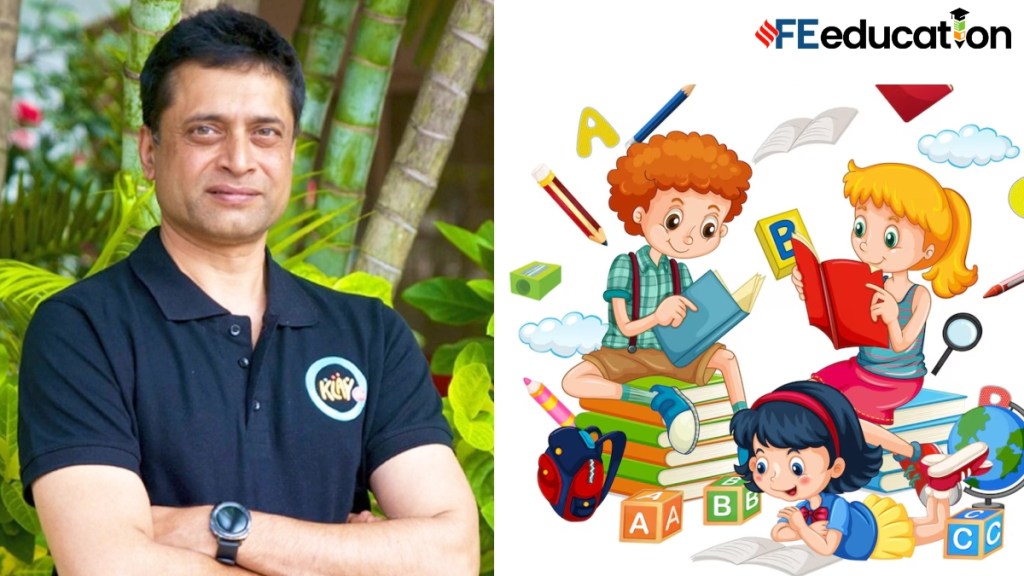By AK Srikanth
Preschool education in India carries a deep-rooted legacy, tracing back to the Vedic era where informal teaching methods were used to nurture a child’s physical, intellectual, and spiritual growth. The subsequent introduction of the Montessori system by the British further emphasized the importance of play-based learning and creative activities for young learners.
In the past decade, India has undergone a profound shift, recognizing early childhood education as pivotal for a child’s holistic development, especially during the first six years of life. Scientific research revealed the astounding pace of brain development during this period, with over 1 million new neural connections forming every second. By age three, a child’s brain has already established around 1,000 trillion synaptic connections, nearing 90% of its adult size in terms of grey matter volume. This discovery further emphasized the importance of the early years, and the need for stimulating environments to nurture optimal brain development in young children, leading to a notable surge in the demand for high-quality preschool education.
The global pandemic served as a catalyst for innovation in early childhood education, underscoring the importance of social interaction, peer learning, and play in a child’s development. Despite unprecedented challenges posed by the pandemic, the resilience of preschools was evident as they swiftly adapted to alternative learning methods, ensuring the child’s uninterrupted learning.
Today’s parents are increasingly cognizant of the crucial role that preschools play in shaping their child’s future, leading to a surge in their popularity nationwide. They seek institutions that prioritize safety and offer holistic learning experiences encompassing new-age life skills, standardized curricula, inclusive classrooms, state-of-the-art facilities, well-trained teachers, optimal adult-to-child ratios, and robust safety measures. Preschools are now viewed as stimulating and nurturing environments that cater to all aspects of a child’s development, bridging the gap between traditional education and modern parental expectations.
Looking ahead at the future of preschools, inclusivity emerges as a cornerstone, as supported by research from organizations like the National Association for the Education of Young Children (NAEYC). Their findings highlight the vital role of inclusive classrooms in fostering positive social-emotional development. Alongside this, technological integration, increased parental involvement, and a flexible curriculum tailored to meet the diverse needs of children and families are equally essential. Ultimately, the goal remains clear: to empower every child with the skills, knowledge, and confidence needed to succeed and thrive in an ever-evolving world.
The author is CEO of KLAY Preschools and Daycare. Views are personal.


